How To Pass a Continuing Disability Review and Keep Your Benefits
Receiving Social Security Disability benefits can be a life-changing support system. But once you’re approved, your case doesn’t end there. The Social Security Administration (SSA) conducts regular Continuing Disability Reviews (CDRs) to determine if you still qualify for benefits. While this process can feel stressful, understanding how it works — and how to prepare can help you pass a CDR and keep your benefits intact.
What Is a Continuing Disability Review?
A Continuing Disability Review is a routine check by the SSA to ensure you still meet the medical and non-medical requirements for disability benefits. These reviews apply to both Social Security Disability Insurance (SSDI) and Supplemental Security Income (SSI) recipients.
CDRs generally fall into two categories:
- Medical CDRs – These reviews focus on your health condition and whether it has improved.
- Work CDRs – If you’ve returned to work or started earning income, SSA reviews whether your work activity affects your eligibility.
Frequency of Reviews:
- If improvement is expected: Every 6–18 months
- If improvement is possible: Every 3 years
- If improvement is not expected: Every 7 years
Why Do People Lose Benefits After a CDR?
Most people do not lose benefits after a CDR. In fact, according to Disability Attorneys of Michigan, over 90% of adults continue to receive benefits following a review. However, benefits may be stopped if:
- SSA finds medical improvement that allows you to return to work.
- You fail to respond to requests for information or miss medical exams.
- You earn income above the substantial gainful activity (SGA) limit without qualifying under a work incentive program.
Also Read: Why Do Disability Claims Get Denied?
How to Prepare for and Pass Your CDR

1. Stay Consistent With Medical Treatment
The most critical factor in passing a CDR is ongoing medical care. Keep regular appointments and follow prescribed treatments. If you stop treatment, SSA might assume your condition has improved.
2. Maintain Detailed Medical Records
Keep copies of all medical documents, including:
- Doctor’s notes
- Test results
- Hospitalizations
- Prescription history
When SSA reviews your case, detailed and up-to-date records make it easier to prove that your condition persists or has worsened.
3. Keep a Symptom Journal
Documenting your daily struggles and limitations due to your condition can support your case. Note:
- Pain levels
- Fatigue
- Mobility issues
- Mental health symptoms
This diary can help your doctor provide stronger support and can serve as evidence during a CDR.
4. Avoid Substantial Work Without Guidance
Earning above the SGA limit ($1,550/month in 2024 for non-blind individuals) can jeopardize your benefits. If you try to return to work, use SSA’s Trial Work Period (TWP) or Ticket to Work programs to test your ability without losing eligibility.
5. Respond Promptly to SSA Notices
SSA will notify you when a CDR is underway. Always respond promptly and honestly. Ignoring requests for documentation or missing deadlines could result in the suspension of benefits.
6. Be Honest and Thorough on Forms
When filling out CDR paperwork, describe how your disability affects daily life, not just work. Include mental, physical, and emotional impacts, and provide examples. Underreporting or exaggerating can raise red flags.
7. Get Support From a Disability Attorney
A qualified Social Security disability lawyer can review your file, guide your responses, and represent you if there’s a risk of benefits termination. They understand SSA’s rules and how to build a strong case.
What Happens If Your Benefits Are Stopped?
If you have your benefits stopped following a CDR, you can appeal:
- Seek an appeal within 60 days of the notice.
- Request that benefits continue pending the appeal within 10 days.
- A hearing for the appeal allows you to present new evidence or clarify SSA's concerns with legal assistance.
Final Thoughts
A Continuing Disability Review may be challenging, but the procedure is much more accessible with proper assistance. From managing medical evidence to answering SSA questions, professional assistance is a major help.
The SSDI system involves complex steps that are easier to navigate with professional help. Hiring an experienced disability attorney ensures your documentation is thorough and your rights are protected. Contact Eric R. Hunt for a free consultation and take the right step toward securing your financial future.
Reference Links:
https://drbilllatouratty.com/ca-social-security-continuing-disability/
https://www.atticus.com/advice/general/how-to-pass-a-continuing-disability-review











